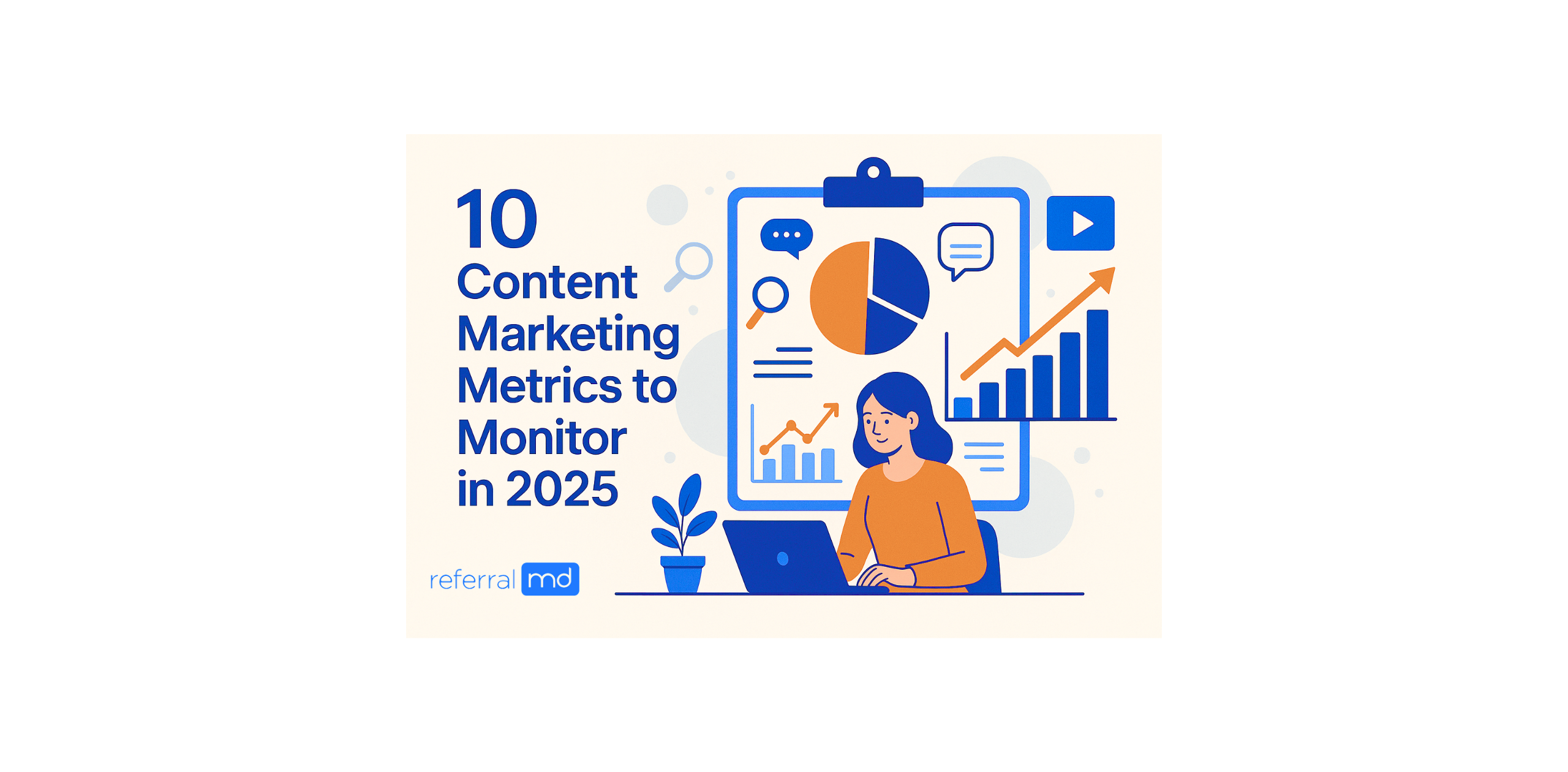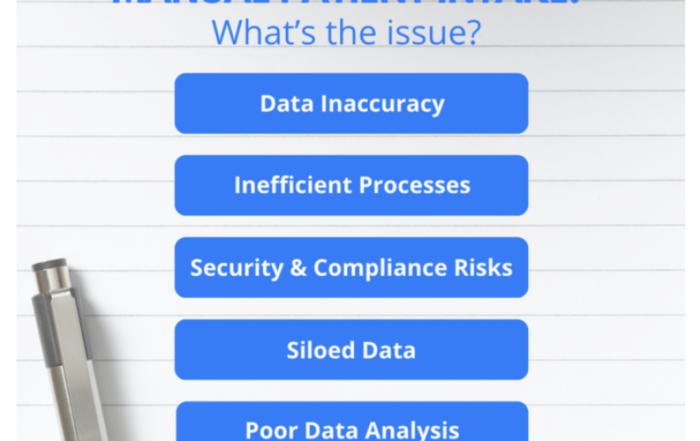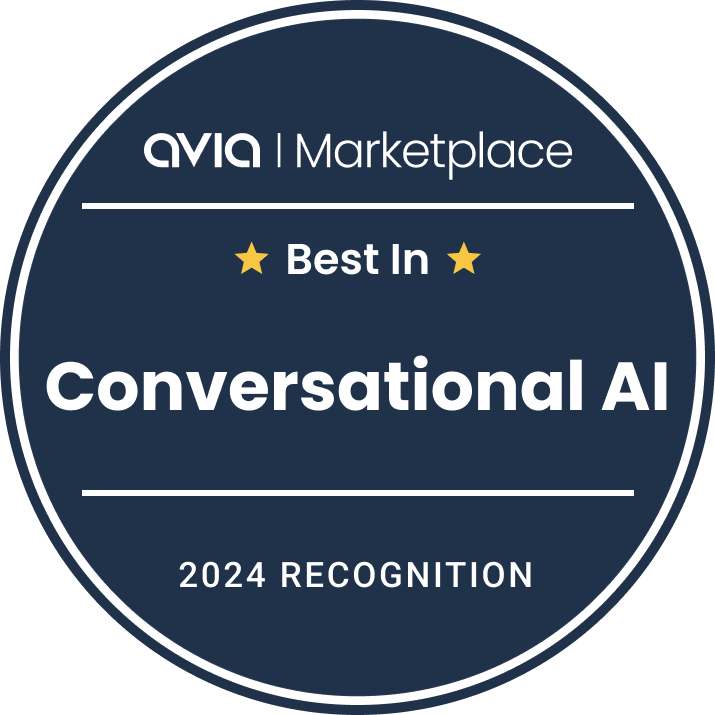Like it or not, healthcare is a business, and it has quite a bit of competition. When developing a content marketing strategy for any healthcare business, there are two key areas to which responsible and successful healthcare marketing professionals should be paying attention: Big Data and AI. What are their respective roles in a successful marketing strategy? While much of the information and advice that follows would apply to any industry, we will also attempt to provide some more specific insights into marketing to the broader healthcare markets.
Content Marketing and Healthcare
In every industry, content marketing takes on many forms. It can be as brief as a medical school personal statement or as complex as a white paper. A plan could also include a new, innovative radiology system that uses both big data and AI to help expand the use of the technology into new research areas. The two are so interwoven into the fabric of healthcare marketing that it is essential to understand what each one is and how it is used as a marketing tool.
Big Data in Healthcare Systems
Big data touches every niche of every industry, and the healthcare markets are no exception. Leaders in key healthcare systems are all looking at big data and its relation to the market itself. They are also starting to see some notable trends revolving around it in content marketing.
Simply put, “Big Data” is used most effectively as an analytical tool and includes website statistics, demographic information, and other metrics used to gauge website, page, and content performance.
Major academic institutions and teaching hospitals use big data to construct and complete complex research projects surrounding everything from experimental treatments to the effects of prescription drugs. Grad students, statisticians, and data scientists are all employed in healthcare to make sense of that information.
From a marketing standpoint, all the data compiled on those drugs, treatments, medical equipment, and more can help determine the best target audience for a specific marketing campaign. It also tells marketers how to approach members of those various demographics in a way that builds and nurtures trust. People – especially those with specific healthcare needs – insist on forming brand relationships and are quicker to forge those relationships with brands that do the most to win their trust.
When marketing to hospital boards, trustees, investors, and the like, big data is an even more important marketing tool. Businesses, organizations, and individuals that put large sums of money into products, treatments, and services want to know unequivocally that their money is being spent well. They need hard evidence that their investments have better than good chances of getting significant returns on investment (ROI). Big data is a critical tool in compiling and compellingly presenting that evidence. With healthcare data analytics, we can:
- Use electronic patient health records.
- Manage real-time warning for instant care
- Intensify doctors engagement in inpatient health
- Use health data for better strategic planning
- Integrate medical imaging for a more extensive diagnosis
Artificial Intelligence from the perspective of healthcare marketing
Let’s switch gears for just a moment and look at AI from the perspective of healthcare marketing. The concept of AI should not be foreign to anyone who works in or interacts with healthcare markets in any capacity. While it is easy to gravitate toward robotics and automation systems when thinking about AI in healthcare, it has many more applications that some marketers fail to recognize. Also, it plays a crucial role in analytics as its functions all compile data as part of its prescribed processes.
It touches all areas of healthcare, from treating chronic diseases to risk assessment and much more. AI makes it easier and more efficient to deploy more efficient, precise, and even life-saving interventions at the exact right time during the patient’s care. The data compiled helps marketers showcase the benefits of specific treatments, medications, and equipment.
Analytics also offers a large number of advantages over more traditional models and human-based clinical decision-making techniques. A medical learning algorithm is capable of becoming more precise as it interacts with training data.
The resulting metrics allow people to glean significant insights into the areas of care processes, diagnostics, treatment outcomes and variabilities, and more. In the world of marketing, these insights mean more fortuitous and aggressive campaigns with irrefutable data to back up any claims made about products, medications, and treatment methods, especially when approaching investors.
Uses for AI in Healthcare Content Marketing
The uses of AI in all areas of content marketing are expanding every day, and savvy marketers are finding new ways to use the power of AI to their best advantage. Here are just a few of the ways:
Automatic Content Generation – AI algorithms are becoming more capable of conveying information clearly and concisely all the time. That means that they can also dissect complex medical issues and present them in layman’s terms. The uses for this kind of tech are beginning to help automate processes like social media posts, emails, and even blogs. For example, check the roadmap from clinical data generation to NLP data enrichment, machine learning data analysis, and clinical decision-making. EMR, electronic medical record.
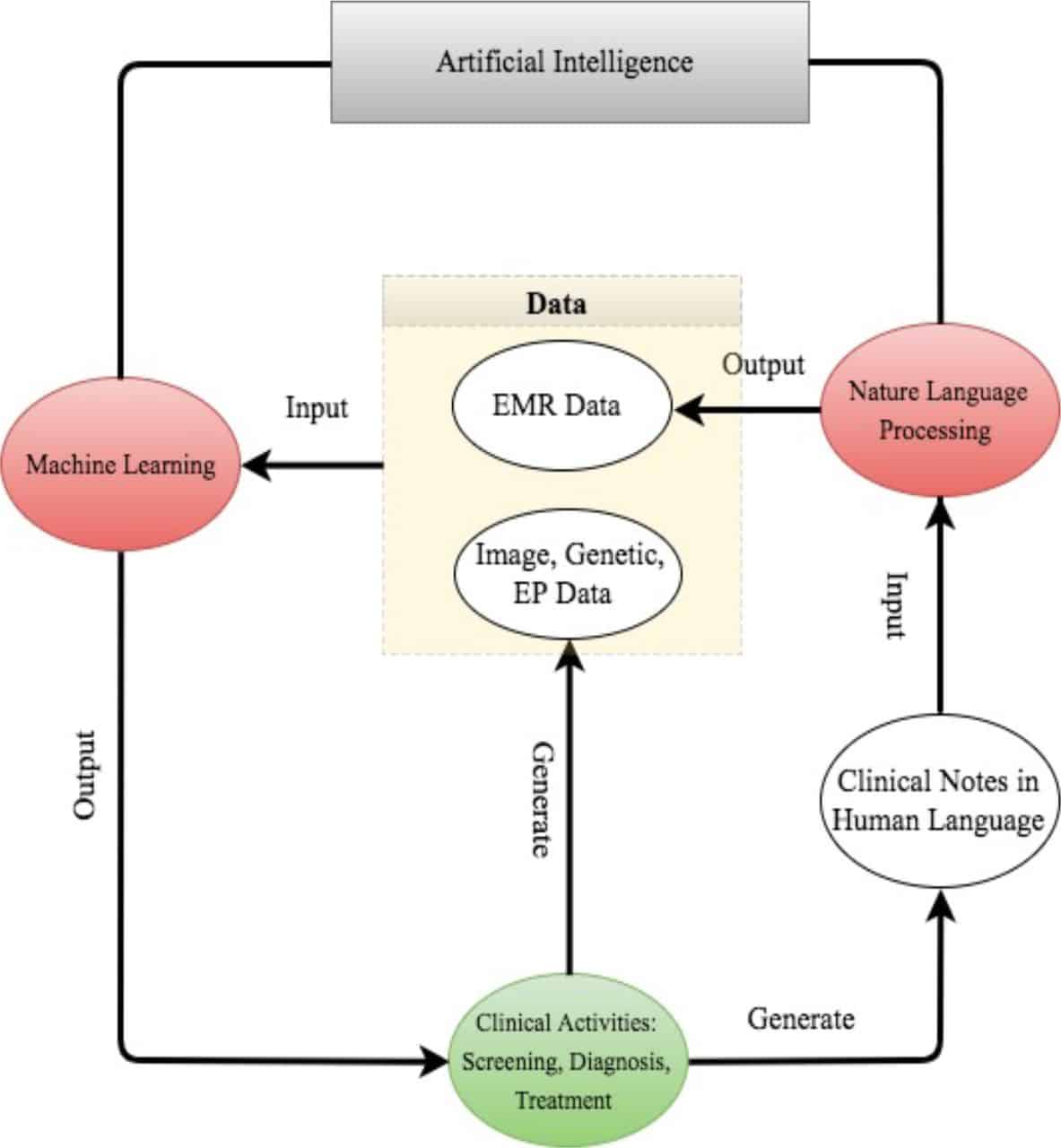
Source: Image
Chatbot Technology – While this one has been around for quite a while, the capabilities are becoming more complex, making it possible for chatbots to interact with online customers so that rivals even live interactions with call center reps. It is also much cheaper with very little overhead.
Custom Newsfeeds – Through AI, the major social platforms like Facebook and Twitter can customize user newsfeeds and analyze engagement metrics to ensure that users are only delivered content they want to see. This helps pinpoint particular types of buyers, investors, or patients who might require specific medical products or services from a marketing standpoint.
Predictive Intelligence – This area of AI helps marketers understand individual customers better and allows them to deliver personalized content that appeals to specific wants and needs. It also helps move potential customers ahead on the buyer’s journey.
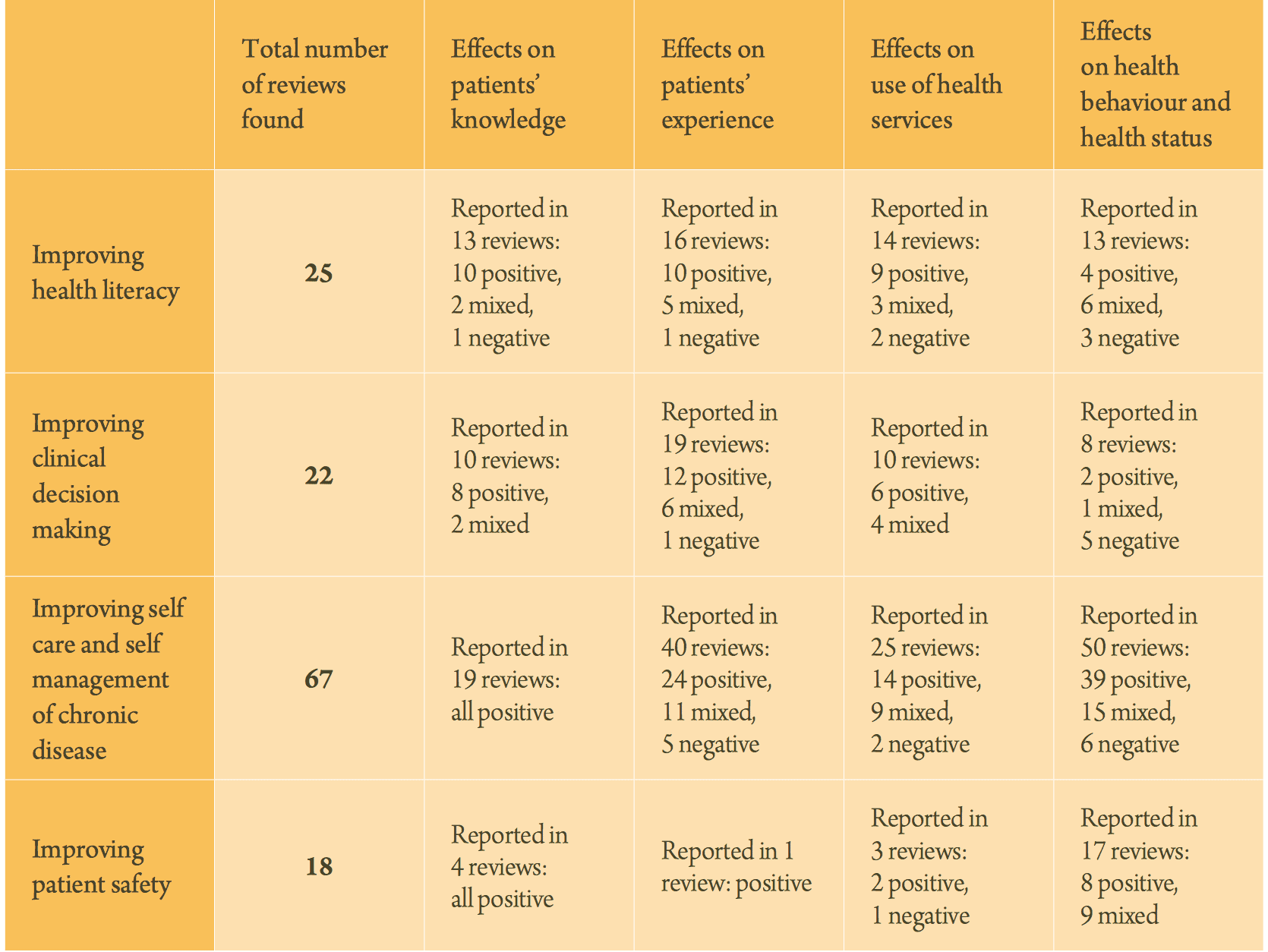
Source: Reproduced from Coulter A, Ellins J (2007) Effectiveness of strategies for informing, educating, and involving patients. British Medical Journal 335:24–7, with permission from BMJ Publishing Group Ltd
Content Curation for Specific Audiences – Certain AI systems also make finding curated content for specific audiences easier. Algorithms that collect data about a target audience can certainly analyze what users are most likely to click through to read and the content they are most likely to assault in real-time.
UX Optimization – The User Experience (UX) is the most critical part of any content creation strategy. AI algorithms can help UX designers in presentation, formatting, visuals, and much more.
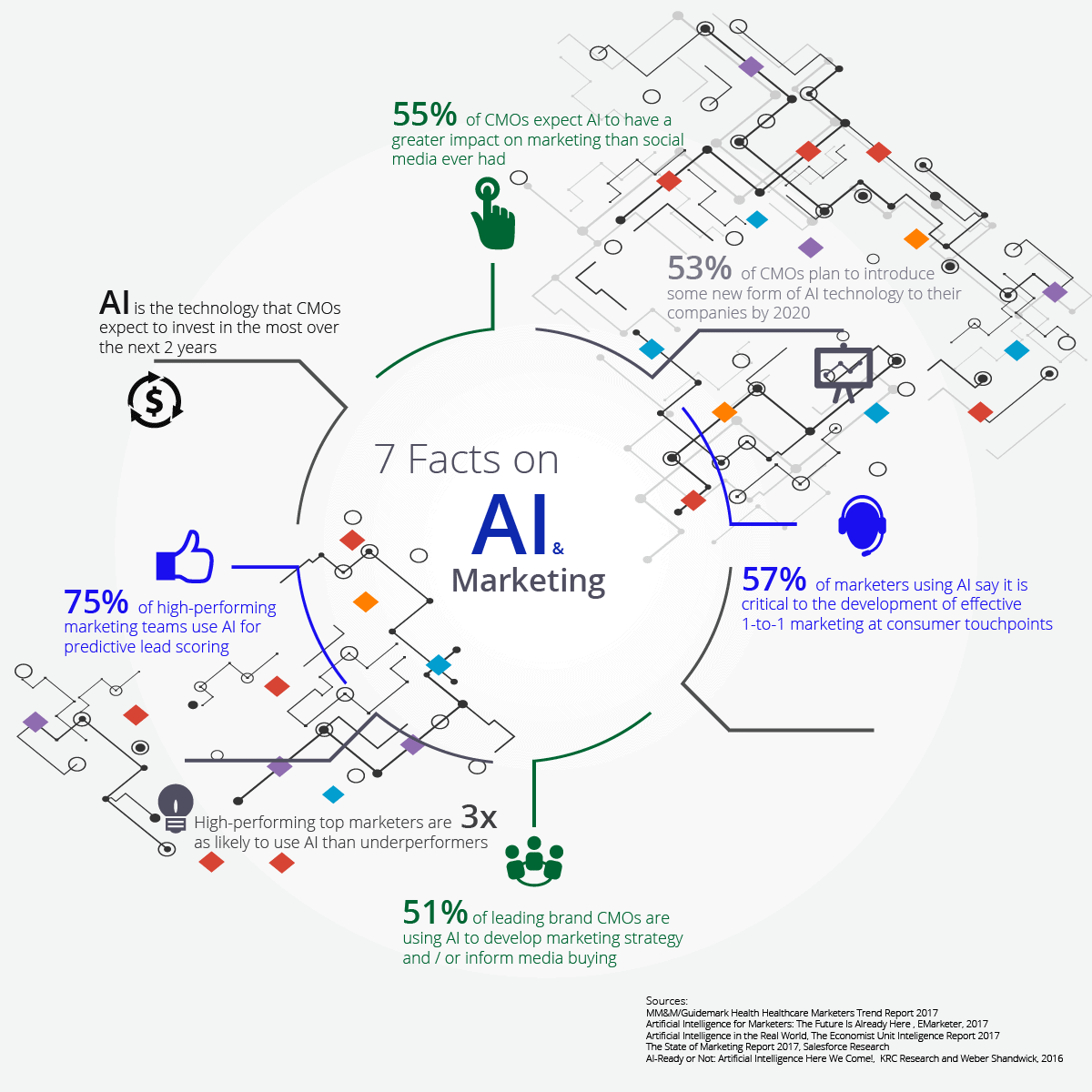 Source: Image
Source: Image
Big Data’s in Role with AI
It isn’t difficult to see how AI and big data work together. All intelligent algorithms rely on a trove of data to make accurate decisions. This is where big data comes in: it provides the framework for developing and deploying more powerful and effective AI systems.
Through big data, learning algorithms can learn how to deduce even very complex conclusions through trial and error. Unlike humans, AI machines do not become frustrated, tired, or overworked. AI system processors have thousands of times to data processing speed and capacity of older systems and can wade through mass amounts of data to reach more accurate conclusions.
The more data an AI application is provided, the more accurate the outcome of a specific process will be. Big data provides the necessary problem-solving intelligence to make modern AI work in a reliable and trustworthy way.
It is not an exaggeration to say that AI would not have come as far as it has without big data. In the past, the capability of AI was limited by the lack of availability of complex data sets. Today, with resources like Google and other search engines coupled with the vast amounts of data that flow through specific channels like social media networks, AI has all the data it needs to learn and learn quickly.
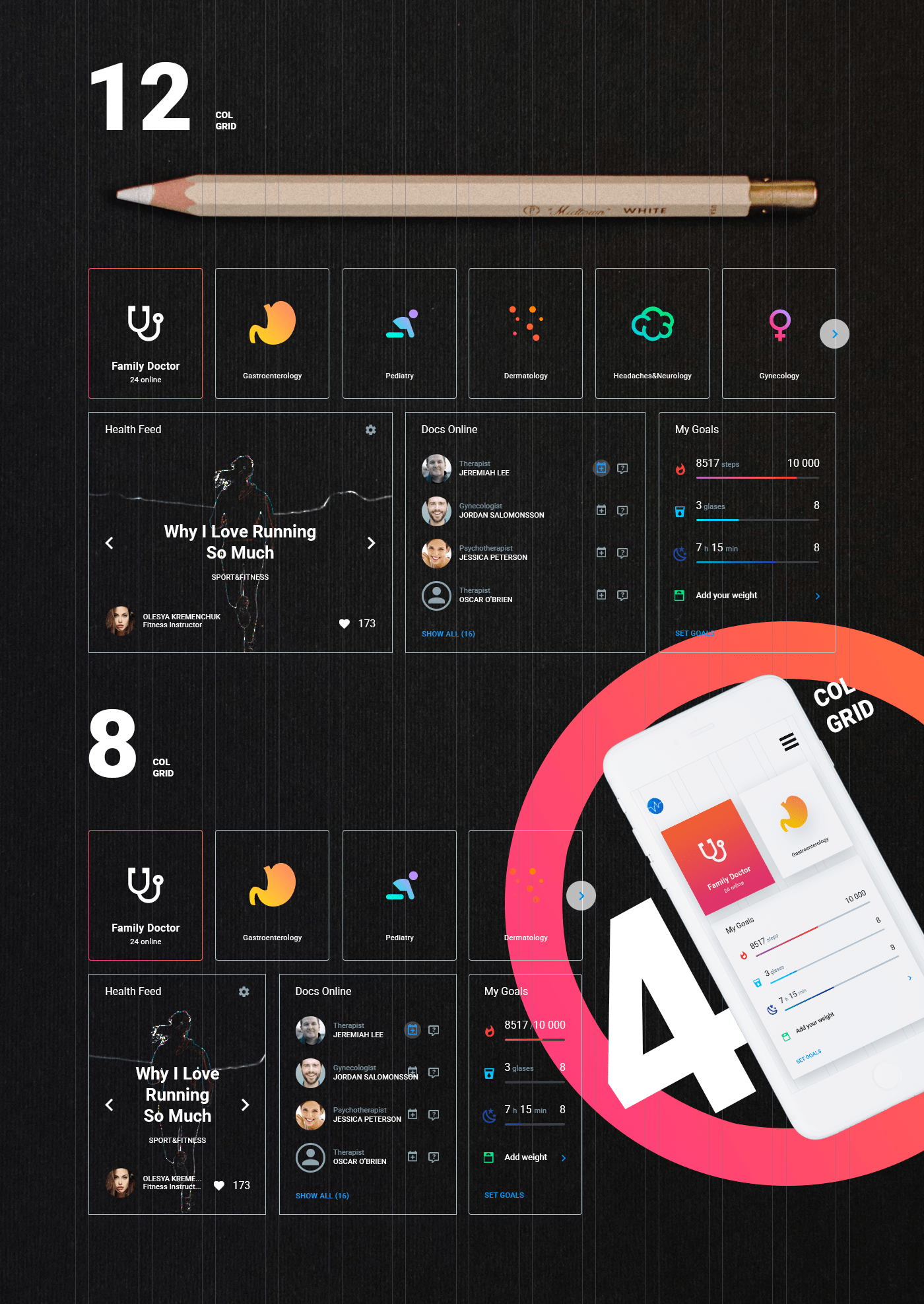
Source: Mark Gaidansky
In medical terms, AI can analyze data from every clinical study ever done in a specific research area and accurately predict the effectiveness of particular treatments and systems. It can isolate data based on patient conditions, ages, and other vital details. Businesses in every conceivable industry are turning to AI systems to enhance their product and service offerings and the levels of engagement with their content. It is content marketing that drives new business and nurtures existing business relationships.
Knowing how AI and significant data function, both independently and together, can help savvy marketers develop stronger, more fail-safe business plans that introduce even complex medical concepts to the most appropriate audiences. There is no more powerful pairing of resources, especially when one considers all the possibilities that pairing represents.
In medical terms, AI can literally analyze data from every clinical study in a specific research area and accurately predict the effectiveness of specific treatments and systems. It can isolate data based on patient conditions, ages, and other key details. AI creates a unique, tailored experience for each user, watches a user’s personal calendar, sends reminders to take medication, motivates people to exercise, and so much more. Businesses in every conceivable industry are turning to AI systems to enhance their product and service offerings and the levels of engagement with their content. It is content marketing that drives new business and nurtures existing business relationships.
According to a recent study by HIMSS Analytics, 35% of American hospitals will adopt AI technologies organization-wide in five years. AI and robotics present tremendous possibilities for the pharma and healthcare industries. According to McKinsey, big data policies could save the US healthcare system up to $100 billion a year thanks to AI-assisted efficiencies in clinical practice and trials, research.
Knowing how AI and big data function, both independently and together, can help savvy marketers develop stronger, more fail-safe business plans that introduce even complex medical concepts to the most appropriate audiences. There is no more powerful pairing of resources, especially when one considers all the possibilities that pairing represents.
